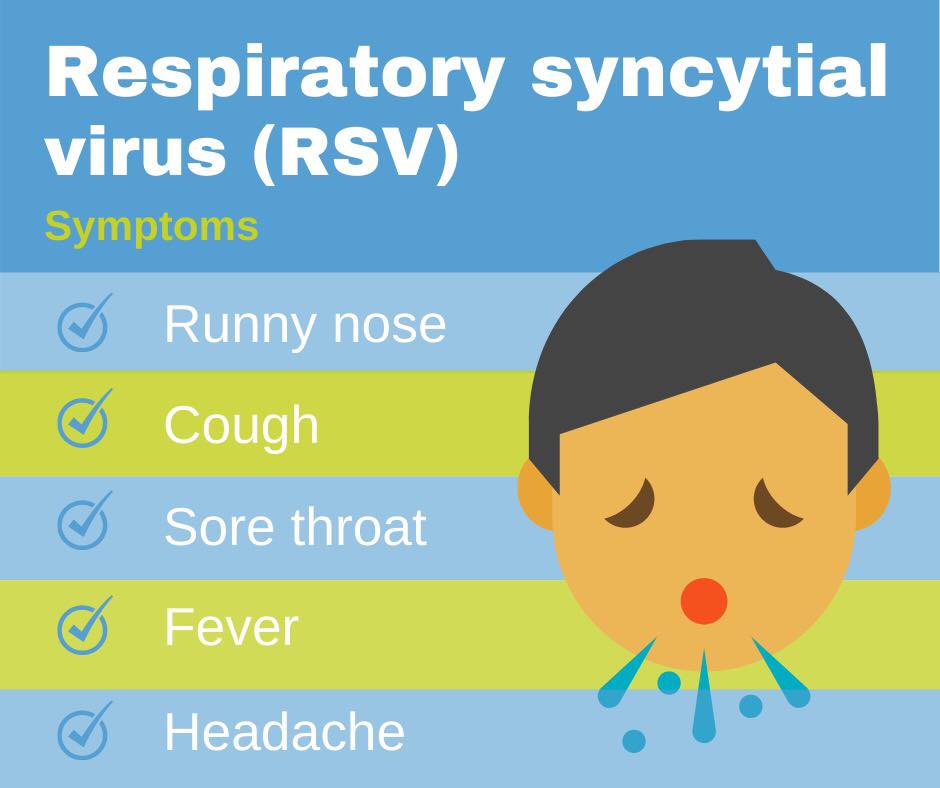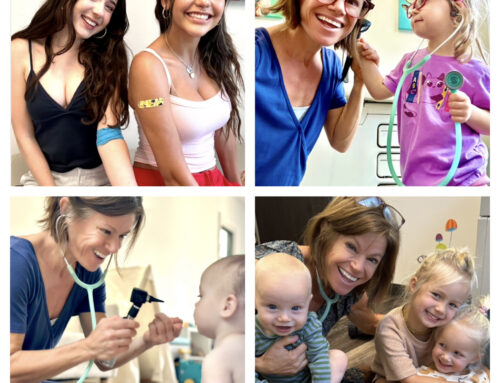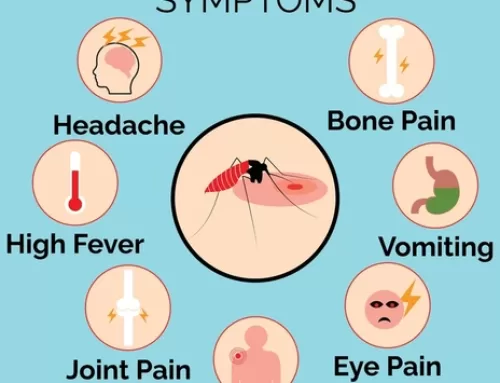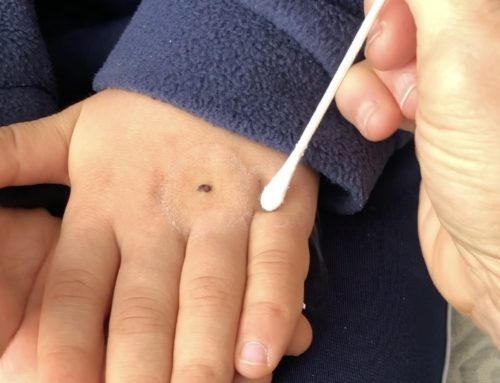If you’re suddenly hearing about RSV, or respiratory syncytial virus, that’s because the virus is surging and straining children’s hospitals across the country.
We are concerned by the spike in cases at the start of cold and flu season, as COVID-19 continues to circulate. RSV can be dangerous in some cases.
For most healthy children and adults, RSV is like a cold and they recover fully in about a week. But infants, especially those born prematurely or with weakened immune systems, and children and adults with chronic respiratory conditions such as asthma or a lung disease can experience severe disease. This can include bronchiolitis (inflammation of the small airways in the lungs) and pneumonia (infection of the lungs).
In the United States, an estimated 58,000 children younger than 5 are hospitalized each year because of RSV infection—a number likely on the rise.
Symptoms of RSV
The illness often starts with the symptoms of a common cold:
▪ Congestion or runny nose
▪ Decreased appetite
▪ Coughing
▪ Sneezing
▪ Fever
▪ Headache (displayed by irritability in younger children) ▪ Wheezing
▪ Sore throat
By day three or four the patient may have some wheezing and distress breathing. These children may not be able to eat because their respiratory rate is elevated, and they have trouble breathing. Infants younger than 6 months have the same symptoms as older babies and adults, but theirs are more severe because their airways are smaller.
Treating RSV
It is important to keep children with RSV well-hydrated; offer water frequently. Treat their fever. Keep their nostrils clean with saline nasal drops and suction them periodically. We may need to try a breathing treatment with albuterol to assess whether the medication helps your child breathe better. This involves using a machine called a nebulizer to get the albuterol into the lungs.
Usually, RSV will get better on its own without antibiotics. However, about 2 percent of patients need to be admitted into the hospital for more intensive treatment.
In addition, high-risk infants may receive a series of shots of an antibody called Palivizumab in the winter months to help prevent RSV infections.
Practice Good Hygiene to Help Prevent RSV
Like a cold, RSV is contagious and is transmitted from person to person. You can get it by inhaling droplets that someone coughs or sneezes or by picking it up from contaminated surfaces. RSV can survive up to six hours on surfaces.
People infected with RSV are usually contagious for three to eight days. However, those with weakened immune systems can be contagious for as long as four weeks, even if they are not showing symptoms.
Simple measures such as washing your hands regularly can help keep sickness at bay. Sneezing or coughing into your inner elbow, rather than your hand, also helps limit the spread of RSV.
There is no RSV vaccine, but making sure you and your child are up to date on COVID-19 and flu vaccines can help reduce the impact of respiratory illnesses on your family and community.
When to Call Your Pediatrician:
If your child has symptoms of RSV and is younger than 6 months, was born prematurely, or has a chronic respiratory condition (asthma) or a weakened immune system.
Also call if your child has breathing problems such as wheezing, coughing or fast breathing. Call 911 if your baby’s skin or lips are blue or gray.



